Scientists explore whether the cosmos itself could think and be aware.
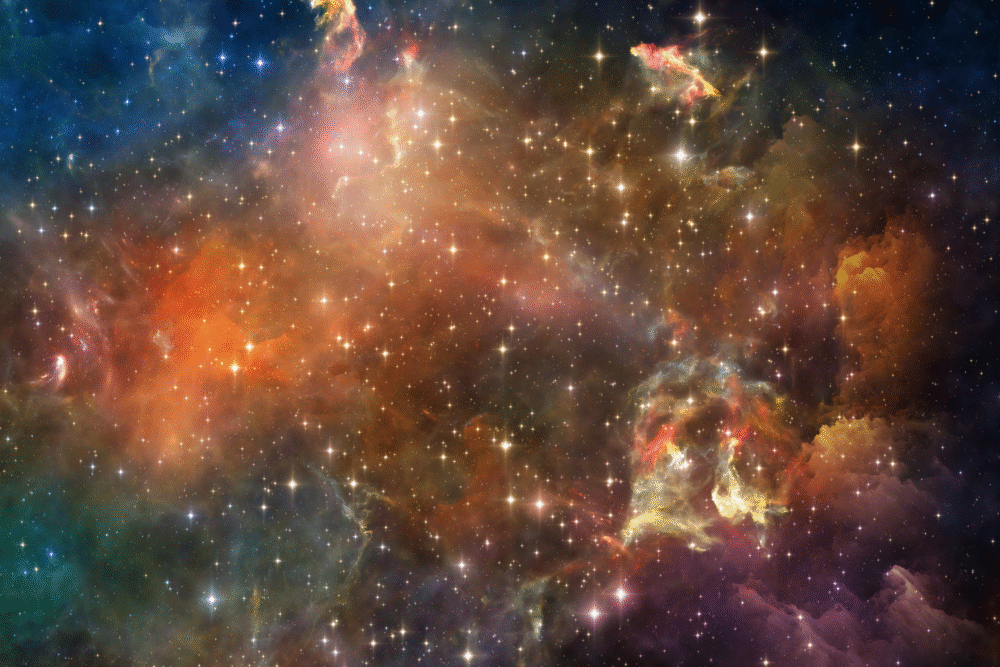
For centuries, humans have wondered about our place in the universe—but what if the cosmos itself is more than just stars and empty space? Some scientists are exploring the mind-bending idea that the universe could have elements of consciousness woven into its very fabric. Physicist Gregory Matloff has proposed that a “proto-consciousness field” might permeate the cosmos, possibly influencing the behavior of stars. While highly speculative, his work challenges traditional views and raises a startling possibility: that consciousness may not be limited to living beings alone.
1. Why Scientists Are Asking About a Conscious Universe
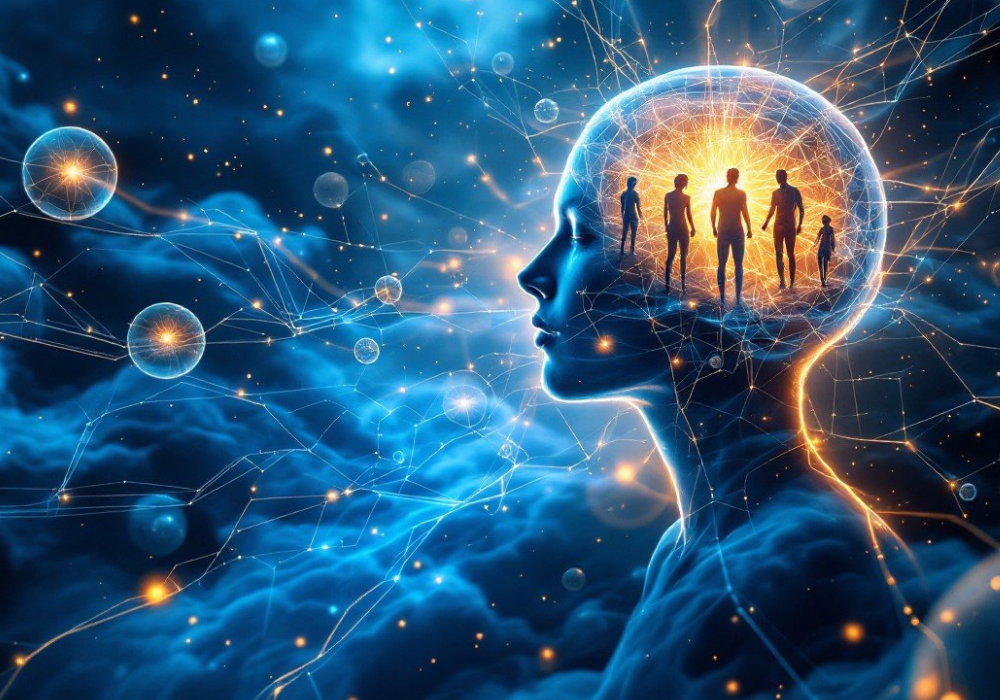
The universe has long been seen as a vast machine governed by physics, but some researchers are questioning whether it might also hold a form of consciousness. This doesn’t mean the universe “thinks” like humans—but it could suggest awareness exists on a deeper level.
The idea belongs to a growing conversation around panpsychism, the theory that consciousness is a fundamental feature of reality. While still controversial, it offers a fresh way to explain mysteries that traditional physics struggles to solve.
2. Gregory Matloff’s “Proto-Consciousness Field”

Physicist Gregory Matloff has explored the idea that a “proto-consciousness field” might permeate the universe. His research speculates that this field could influence star movement, acting almost like a cosmic organizing principle.
Although the theory remains speculative, Matloff argues it deserves attention because it could provide new insight into unresolved questions, such as why stars behave in unexpected ways. His work highlights how even established scientists are willing to push boundaries when conventional models fall short.
3. The Mystery of Parenago’s Discontinuity

One puzzle Matloff examines is known as Parenago’s Discontinuity, a curious pattern in the motion of stars. For reasons not yet fully understood, cooler stars seem to move differently from hotter ones.
While traditional explanations struggle to account for this, Matloff suggests that a field linked to proto-consciousness might play a role. Most experts remain skeptical, but the fact that mainstream astronomy can’t fully explain the phenomenon keeps the door open to bold ideas.
4. How Panpsychism Shapes the Debate

Panpsychism argues that consciousness isn’t exclusive to humans or animals—it’s a fundamental quality of matter itself. This would mean everything, from atoms to galaxies, contains some seed of awareness.
Supporters believe this view could bridge the gap between physics and philosophy. Critics, however, argue it stretches the definition of consciousness too far. Regardless, panpsychism has gained new attention in recent years as scientists look for creative ways to explain phenomena that defy conventional theories.
5. Why Consciousness Remains a Scientific Mystery

Even here on Earth, scientists still struggle to define and measure consciousness. We know it arises from the brain, but the precise mechanics remain elusive.
This gap in understanding fuels speculation that consciousness may not be confined to biological systems. If scientists can’t explain it fully in humans, some argue it’s worth considering whether consciousness exists in broader forms throughout the cosmos.
6. Quantum Physics Adds to the Conversation

Quantum theory often challenges common sense. Particles can exist in multiple states at once, and observation seems to influence outcomes. Some researchers believe these quantum mysteries may hold clues about consciousness.
If quantum processes underpin awareness, they could operate on a universal scale. This possibility ties into the idea that consciousness may be woven into the very laws of physics, not just an accident of biology.
7. Could the Universe “Know” It Exists?

If consciousness is a fundamental part of the cosmos, the universe itself could, in some sense, be aware of its own existence. That doesn’t mean it thinks or makes decisions, but it raises profound philosophical questions.
Some scientists argue that such awareness might help explain why the laws of physics are so finely tuned for life. If the universe has built-in self-awareness, it could provide a framework for why existence looks the way it does.
8. Critics Push Back on the Idea

Not all scientists are convinced. Many argue that calling the universe “conscious” risks blurring the line between science and philosophy. Without testable predictions, they say, such theories remain speculative.
Skeptics also warn that using terms like “awareness” can confuse the public into thinking the universe behaves like a living being. For now, the consensus is that while intriguing, the theory needs much stronger evidence before it can be taken seriously.
9. How Technology Could Offer Clues
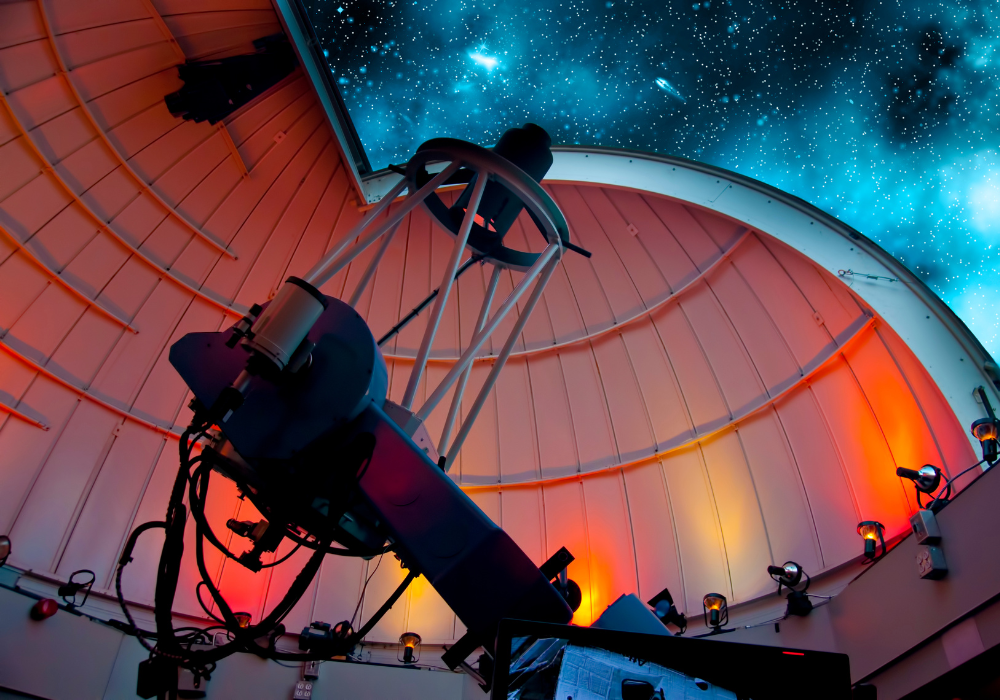
New instruments may someday shed light on these questions. Telescopes that study gravitational waves, black holes, and cosmic radiation might reveal patterns hinting at something beyond standard physics.
If unexpected anomalies appear, scientists could be forced to consider theories like proto-consciousness more carefully. Technology has repeatedly expanded our understanding of the universe, and it may one day test ideas that currently sound more like science fiction than science.
10. Why the Theory Captures Public Imagination
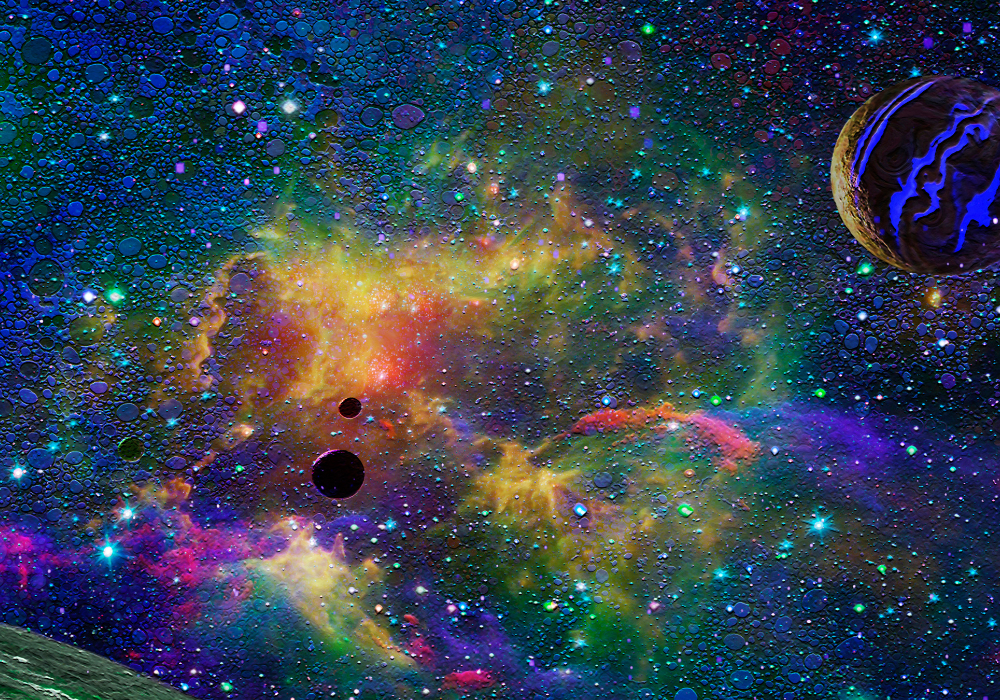
From ancient myths to modern movies, people have always imagined the universe as alive in some way. The idea resonates because it offers a sense of connection to the cosmos beyond cold physics.
Even if unproven, the notion that the universe could be conscious inspires curiosity and wonder. It challenges us to see reality as more than mechanical processes, reminding us how much remains unknown about existence itself.
11. What It Means for the Future of Science
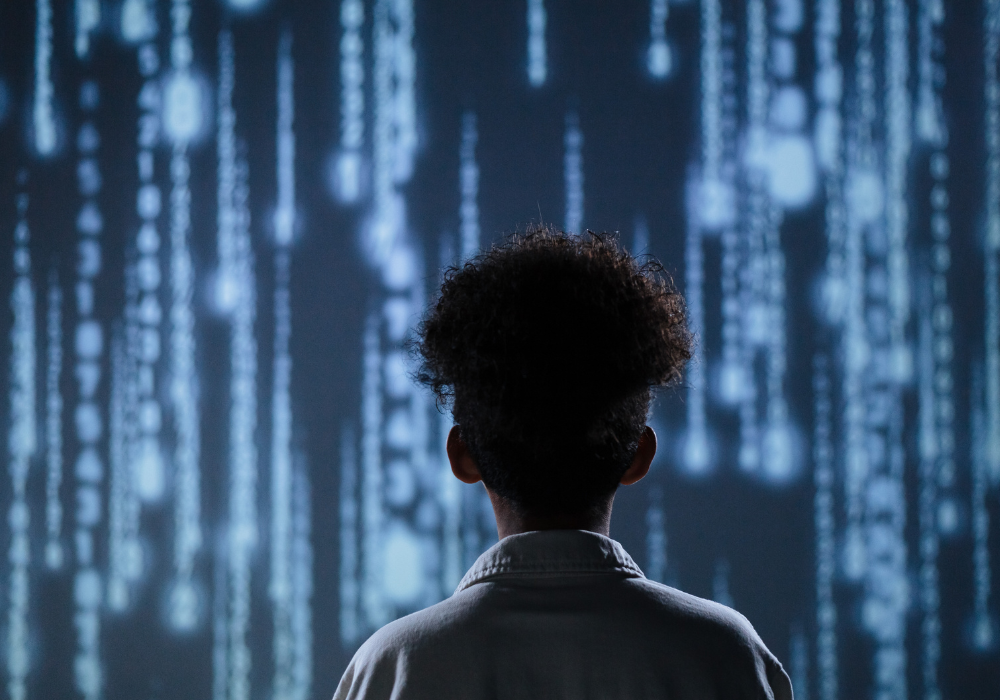
Exploring whether the universe is conscious may seem far-fetched, but it pushes the boundaries of human knowledge. By asking bold questions, scientists expand the range of possibilities we’re willing to consider.
Even if the theory is eventually disproven, the process of testing it could reveal new insights about physics, consciousness, and the nature of reality. At the very least, it underscores one truth: our universe is far stranger than we often imagine.
